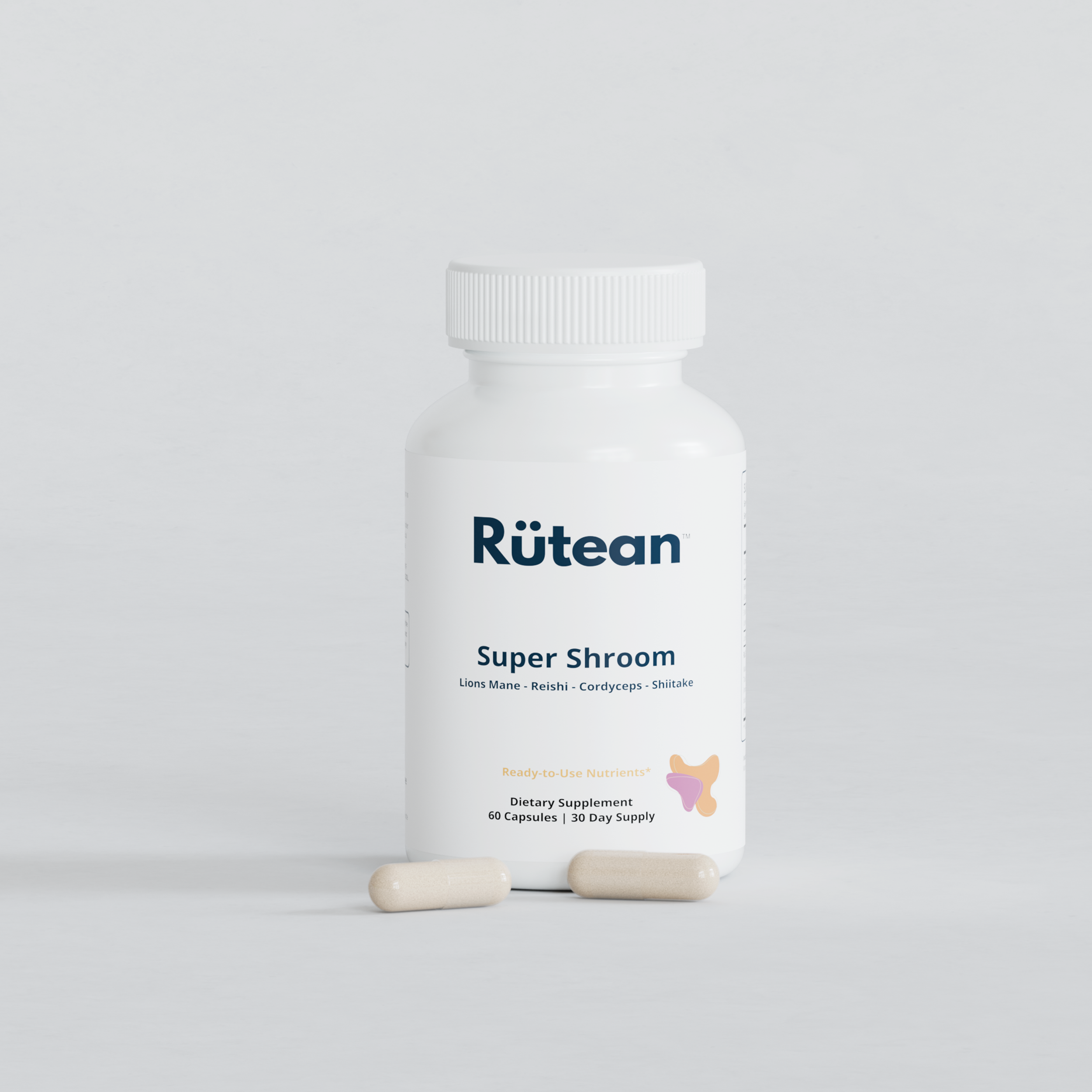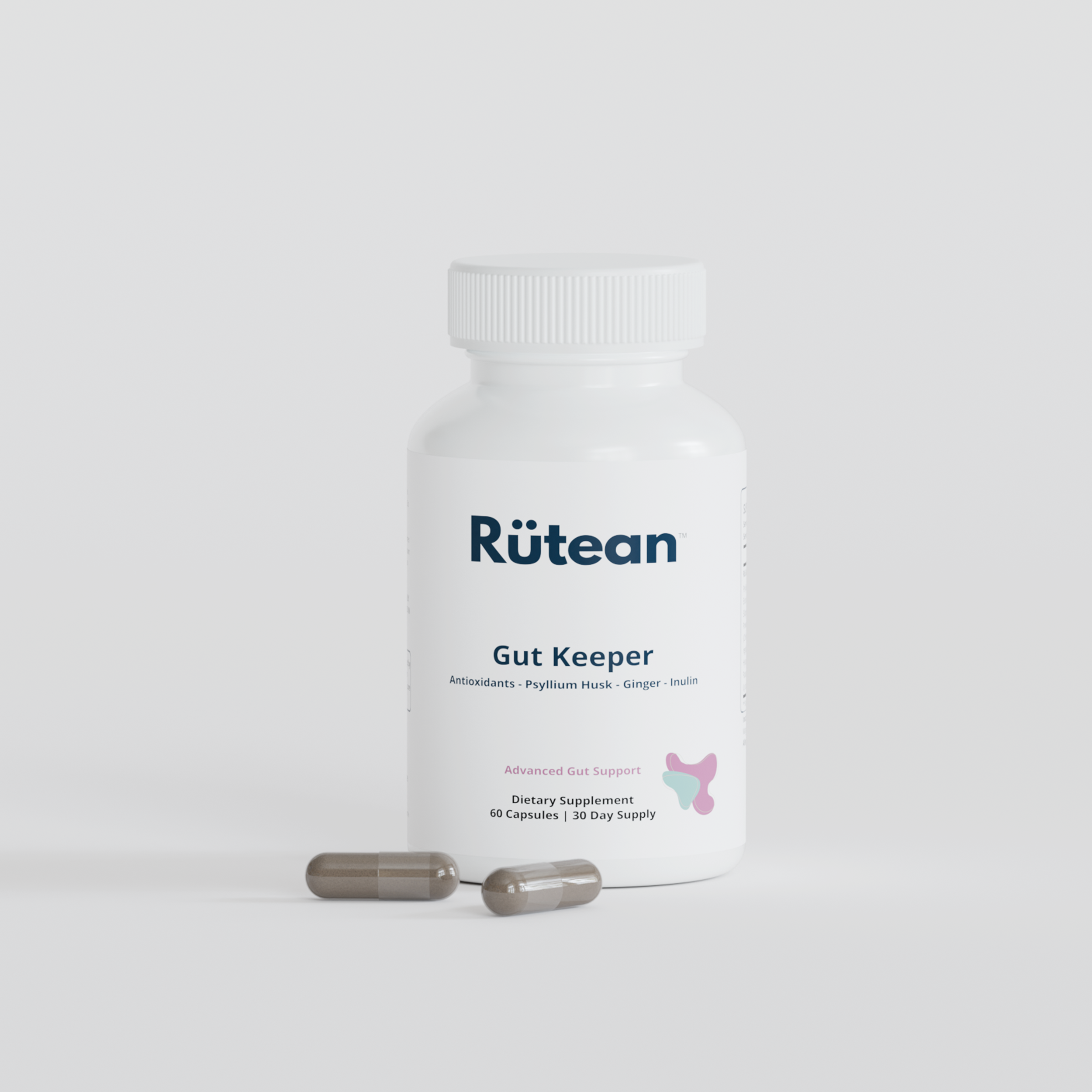Mushrooms have long been revered in ancient traditions for their potent health benefits. Today, modern science is catching up, unveiling the mysteries that have surrounded these fungal wonders. Among them, Lion’s Mane (Hericium erinaceus) stands out for its unique characteristics and potential cognitive benefits.
Historical Context
Lion’s Mane, also known as the bearded tooth mushroom or hedgehog mushroom, has been used in traditional Chinese medicine for centuries. Historically, it has been consumed for various ailments, but more prominently for bolstering brain health and enhancing cognitive function.
Potential Benefits for Cognitive Health
One of the most intriguing aspects of Lion’s Mane is its potential impact on brain health. Research suggests that Lion’s Mane contains compounds like erinacines and hericenones, which might promote the production of nerve growth factor (NGF)[1]. NGF is vital for the growth, maintenance, and survival of nerve cells, making it essential for cognitive health.
Several studies have looked into the cognitive-enhancing effects of Lion’s Mane. In a double-blind, parallel-group, placebo-controlled trial, older adults consuming Lion's Mane exhibited higher cognitive function scores than those in the placebo group[2].
Other Potential Benefits
Beyond cognition, Lion’s Mane has also been studied for its potential anti-inflammatory, antioxidant, and immune-boosting properties[3]. These myriad benefits make it a mushroom worth further exploration and understanding in the realm of health and wellness.
Conclusion
As the world shifts its focus towards natural alternatives for health and well-being, mushrooms like Lion’s Mane are coming to the forefront. Their rich history in traditional medicine, coupled with emerging scientific data, makes them an exciting area of exploration. While more research is needed to fully comprehend the extent of its benefits, early results are indeed promising.
References
1- Lai, P. L., Naidu, M., Sabaratnam, V., Wong, K. H., David, R. P., Kuppusamy, U. R., ... & Malek, S. N. A. (2013). Neurotrophic properties of the Lion's mane medicinal mushroom, Hericium erinaceus (Higher Basidiomycetes) from Malaysia. International Journal of Medicinal Mushrooms, 15(6).
2- Mori, K., Inatomi, S., Ouchi, K., Azumi, Y., & Tuchida, T. (2009). Improving effects of the mushroom Yamabushitake (Hericium erinaceus) on mild cognitive impairment: a double‐blind placebo‐controlled clinical trial. Phytotherapy Research, 23(3), 367-372.
3- Friedman, M. (2015). Chemistry, nutrition, and health-promoting properties of Hericium erinaceus (Lion’s Mane) mushroom fruiting bodies and mycelia and their bioactive compounds. Journal of Agricultural and Food Chemistry, 63(32), 7108-7123.



